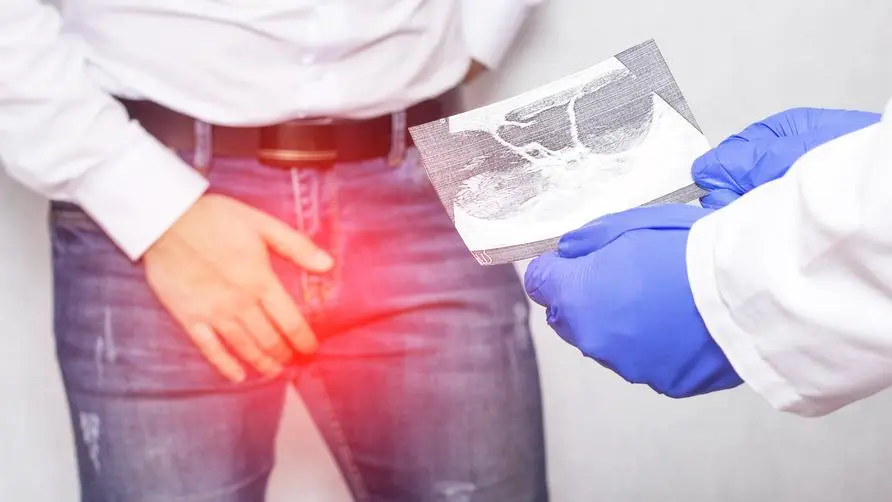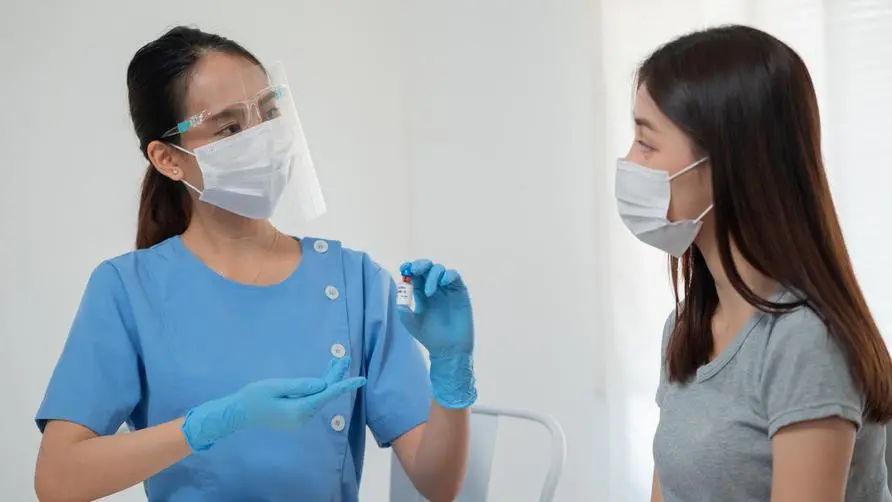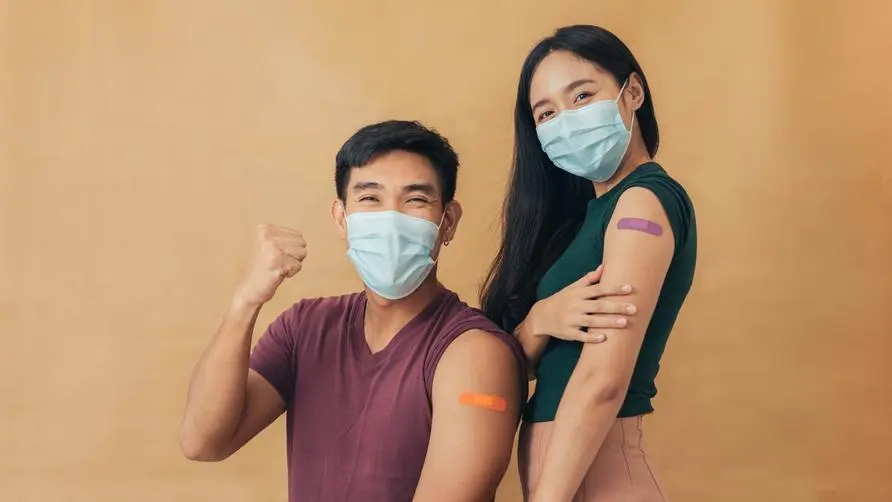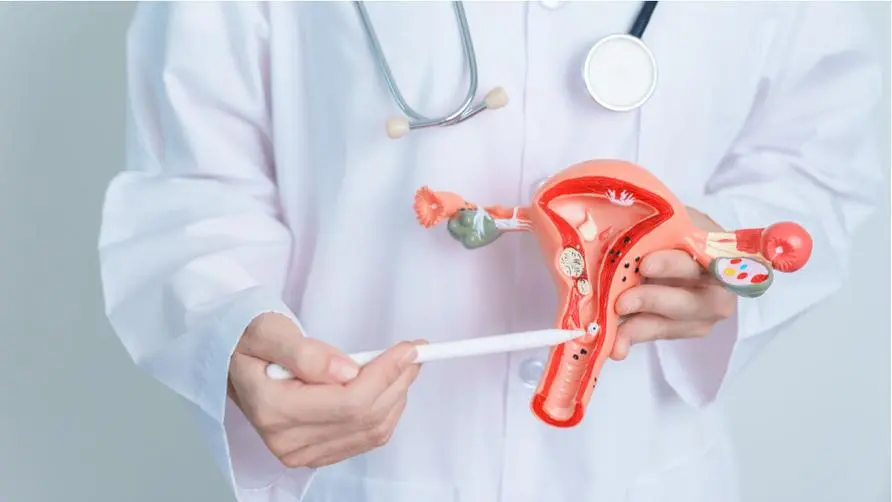Young women taking the HPV vaccine can reduce cervical cancer by 87%! Should men get vaccinated if they are afraid of dyeing cauliflower?
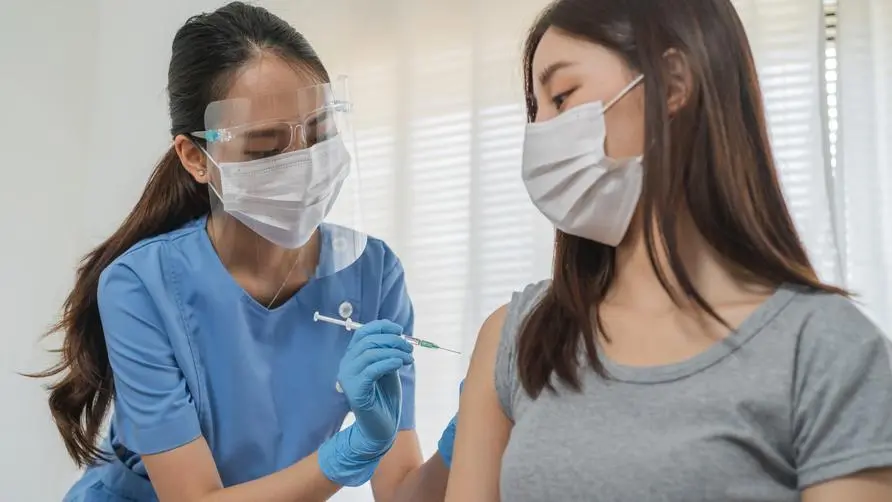
HPV virus is linked to 6 major cancers: vaccination reduces cervical cancer in young women by 87%
HPV─Human papillomavirus is a DNA virus with more than 150 virus types, which can be divided into low-risk and high-risk types. The HPV virus is an important source of infectious diseases for men and women. Among them, HPV types 16 and 18 are high-risk human papillomaviruses and are related to cervical precancerous lesions, cervical cancer, and male and female external genital cancers. Infection with HPV types 6 and 11 can cause cauliflower (genital warts).
A new study published in The Lancet by a research team from King’s College London in the United Kingdom shows that young women who receive the HPV vaccine before the age of 12 or 13 reduce their risk of cervical cancer by 87%. Another Swedish study showed similar conclusions. Since cervical cancer is one of the malignant diseases with the highest mortality rate among women, HPV vaccination can indeed achieve significant benefits in preventing cancer.
80% of the population will be infected with HPV in their lifetime. Vaccination can protect against other virus types
According to statistics from the American Cancer Society, 80% of people will be infected with HPV in their lifetime, and HPV may cause cervical cancer, as well as many vaginal cancers, vulvar cancers, anal cancers, penile cancers, and oropharyngeal cancers (throat cancer and Oral Cancer). Since HPV infects the squamous epithelial cells of the human body, especially the mucous membranes, the sites susceptible to infection include the vagina, anus, cervix, vulva, foreskin of the penis, urethra, oropharynx, trachea and bronchi, and inner eyelids.
About 75% of all HPV types cause warts on the skin surface, usually on the arms, chest, hands, and feet. In addition, about 25% of the virus types are mucosal types, which mainly infect mucosal parts, usually most commonly in the reproductive organs and anal area.
The American Cancer Society emphasizes that the HPV vaccine can prevent high-risk HPV infection, and the immune response is usually best when vaccinated before puberty. Today’s vaccines can prevent HPV16, 18, 6, 11 and five other high-risk virus types (31, 33, 45, 52, 58), and even if you have been infected with one HPV virus, the vaccine can still prevent other types of HPV viruses. Infect.
HPV is transmitted through skin, mucous membranes and body fluids. If you have such diseases, seek medical advice before getting vaccinated.
The National Health Agency states that HPV is mainly transmitted through sexual contact, causing infection through skin, mucous membranes, and body fluids during sexual intercourse. Sometimes, HPV may also be infected through contact with items containing HPV. It is worth noting that men can also be infected with HPV. When infected with HPV types 6 and 11, men may develop cauliflower or other genital lesions.
The HPV vaccine can prevent 60%-90% of HPV infections, but because the vaccine does not cover all virus types, women should still receive regular Pap smears. The National Health Service reminds people who have sexual intercourse experience to still receive the HPV vaccine. However, those who have allergic symptoms after vaccination, are pregnant or planning to conceive, have coagulation diseases, immune abnormalities, or use immunosuppressants should first be evaluated by a doctor before deciding whether to vaccinate.
source:
Understanding HPV - Taiwan Ministry of Health and Welfare, Health Promotion Administration
